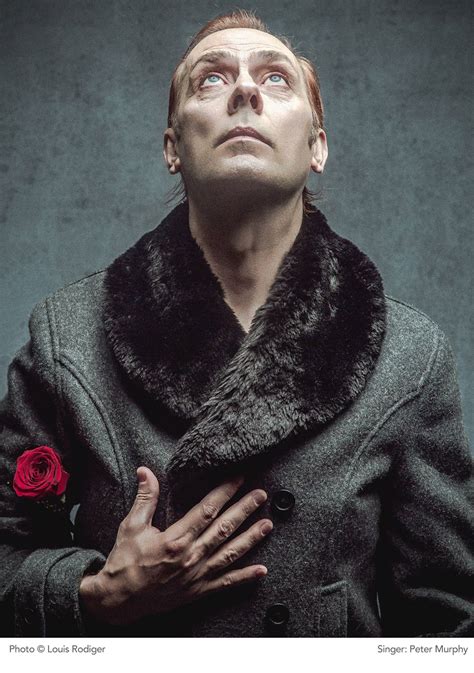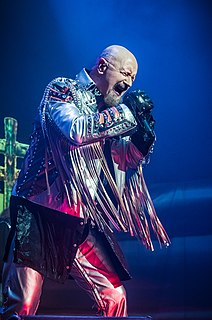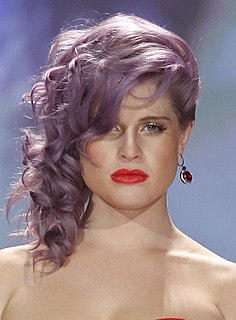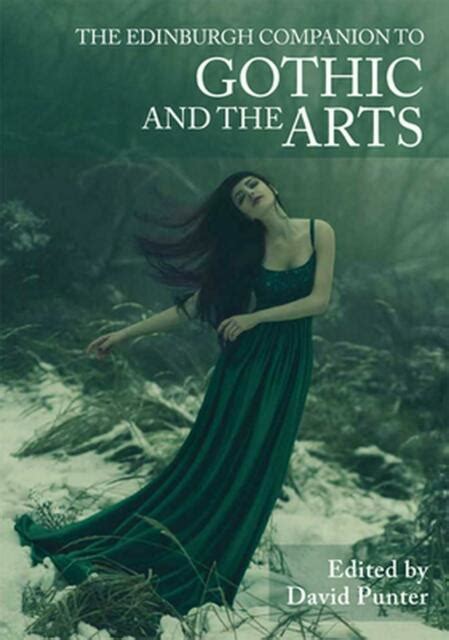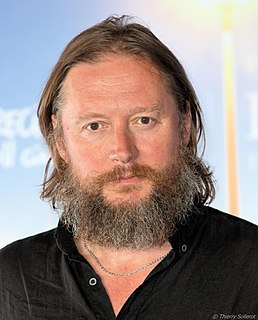A Quote by Carlos Ruiz Zafon
Mention the gothic, and many readers will probably picture gloomy castles and an assortment of sinister Victoriana. However, the truth is that the gothic genre has continued to flourish and evolve since the days of Bram Stoker, producing some of its most interesting and accomplished examples in the 20th century - in literature, film and beyond.
Related Quotes
With 'The Keep,' I began with a theory about pitting the isolated disconnection of the gothic realm against present-day hyperconnectedness. I emerged feeling that the gothic genre is all about hyperconnectedness - the possibility of disembodied communication - and that we now live in a kind of permanently gothic state.
The 20th century is a period defined by cultural and artistic movements. However, the 21st century creative-scape that we occupy now doesn't really have movements in the same way. Instead it's made up of diverse individuals working across various platforms simultaneously; art, architecture, film, music and literature.
The gothic is singular in this; one seems easily at home in the renaissance; one is not too strange in the Byzantine; as for the Roman, it is ourselves; and we could walk blindfolded through every chink and cranny of the Greek mind; all these styles seem modern when we come close to them; but the gothic gets away.

